If you’ve strolled past Orchard Road in the past few months, a new structure that sits on a prominent corner next to The Heeren and opposite the H&M building would have surely caught your eye. This is Design Orchard, a WOHA Architects-designed building that features the firm’s signature organic architecture that’s wrapped in greenery. More than just a retail space that brings together homegrown Singapore fashion and lifestyle brands, Design Orchard also aims to revive the spirit of creativity in the ailing shopping district.
As Design Orchard establishes itself in the neighborhood, it currently sees casual shoppers and tourists filtering in and out of the retail area on the first level, who perhaps catch a breather and indulge in a selfie or two at the open-air terrace on the second floor after. But unknown to most, it is what’s within the upper levels of Design Orchard that’s offering the true promise of creative transformation Singapore needs: The Cocoon Space.
The Cocoon Space, in a nutshell, is a newly launched co-working and event space with the first fashion-business focused incubator program in Southeast Asia. It is operated by the Textile and Fashion Federation (TaFF), and supported by Enterprise Singapore, with the aim of boosting creativity, collaboration, and community building. Once fully occupied, The Cocoon Space has the potential to be an exciting, creative hotspot because it intends to bring industry players who are relevant to the fashion and design ecosystem under one roof, which include beauty and lifestyle service providers, makeup artists, photographers, as well as fiber producers and textile manufacturers.
According to Ms. Semun Ho, CEO of TaFF, the main difference between The Cocoon Space and other co-working spaces is that it intends to build communities of diverse talents, creatives, and a design industry with supporting service providers. She elaborates, “With this new space, young talents and local fashion entrepreneurs will be able to enjoy the necessary infrastructure, such as the Makers Studio, which is well equipped with industrial grade sewing machines for designers to craft their prototypes, a theater space to present their work to potential investors, and The Bridge Fashion Incubation (TBFI) program, which will help brands who intend to scale and internationalize.”
For aspiring designers, TBFI is a 30-week long program that will help launch and/or scale their business in the fashion industry. Applicants eligible to join include firms with fashion or accessories collections, fashion technology, and textile-related products or solutions. A panel of distinguished business veterans from both the fashion & textile and technology industry will curate applicants, while successful applicants will undergo mentorship in product portfolio and development, business model structuring, pitching, and relevant exposure to technological innovations and sustainability.
While the TBFI is more than welcome, is it necessary? There have been successful Singaporean brands that launched three to five years ago who did not go through such programs and yet, have experienced commercial success. To this question, Ms. Ho says, “The fashion and design landscape is changing as technologies play an upheaval role in the industry. Digitalization has shortened the supply chain, which results to the pattern of purchase to evolve from offline to online to omni. Furthermore, those businesses that started three to five years ago may choose to take up this opportunity. Today, businesses need to embrace technology and sustainability and learn to ride the crest of these waves.”
Collaboration is also a buzzword at The Cocoon Space, wherein TaFF looks to broaden and deepen its network collaboration efforts with institutions, international brands, and different communities. “By doing so, it will add value through knowledge and awareness in the areas of technology and innovation. This is the reason we decided to partner with industry experts like Lenzing and Bernina,” reveals Ms. Ho.
“Lenzing is a world-market leader in specialty fibers made from the renewable raw materials like wood. Some of the known fibers found in the textiles are from the brand name TENCEL and Lenzing is supporting us with a library of sustainable fabric swatches for the designers to utilize,” shares Ms. Ho. She continues, “Meanwhile, Bernina’s sewing machines are also provided for the designers at The Cocoon Space. The brand is known for high-end sewing machines that have a proven reputation for outstanding quality. On top of that, tenants are also provided with the latest tools, 3D printers, and wearable technology that can help differentiate and re-define craftsmanship and design through collaborations with the National Additive Manufacturing Innovation Cluster (NAMIC) and SGTech.”
While fashion is not necessarily an industry that comes to mind when Singapore is mentioned, the country has characteristics that make it unique, allowing it to approach fashion and design from a different perspective.
“Our nation is digitally savvy, has good infrastructure, and we are at the heart of Southeast Asia,” says Ms. Ho. “We can aim to make Singapore the fashion innovation hub by taking advantage of these strengths. Sustainability is also a major topic within the industry. Our focus will not only be on the materials of the product, but also in the way we consume, produce, and recycle. Another key focus area is to differentiate our products through assimilation of arts and culture into our local design. We hope that by raising the knowledge and exposure in the industry, it will not only raise the bar of fashion products, but help spawn new product categories and solutions. Therefore, The Cocoon Space, as well as TBFI, is the start to what we hope to achieve.”
For more information, visit www.thecocoonspace.com






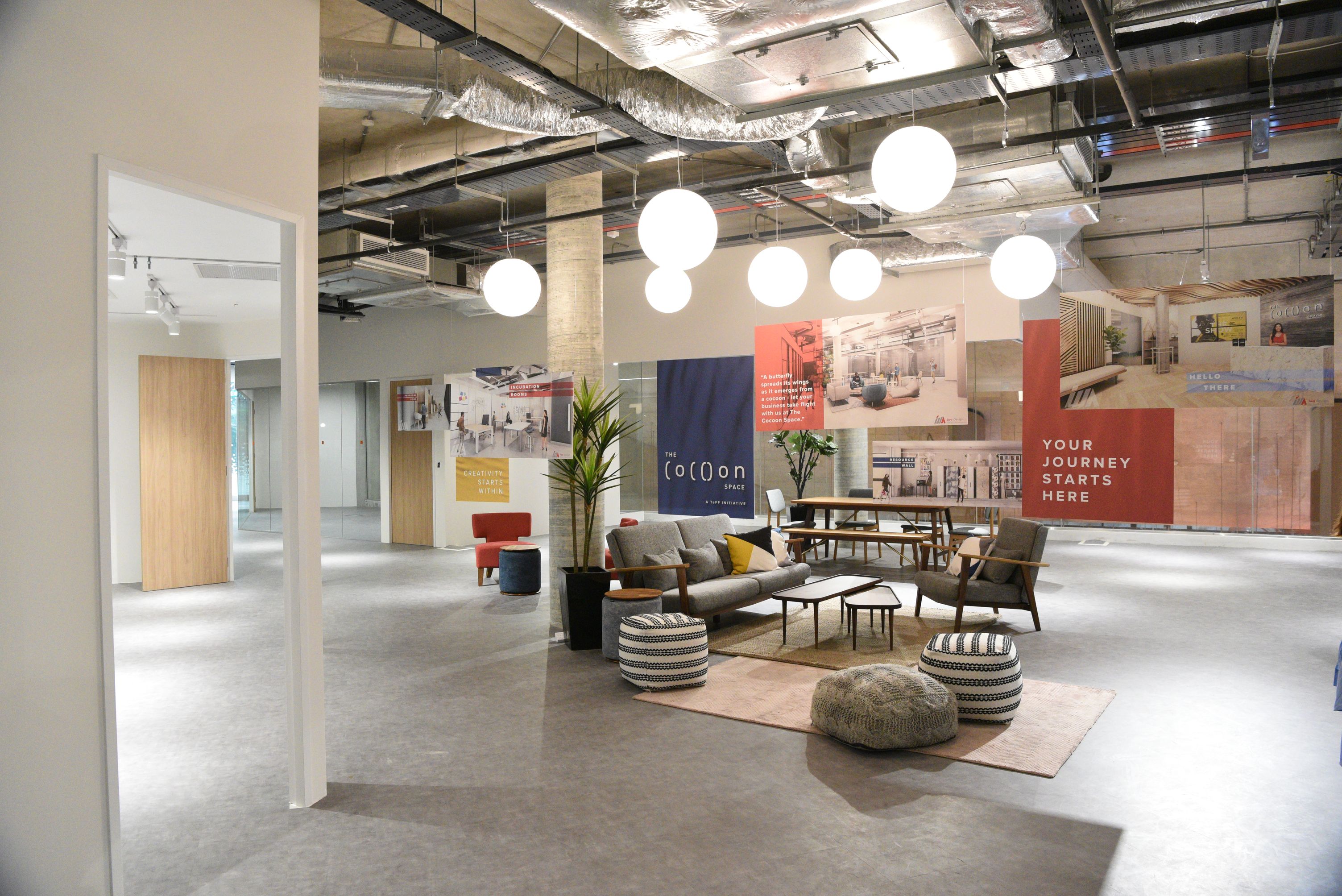
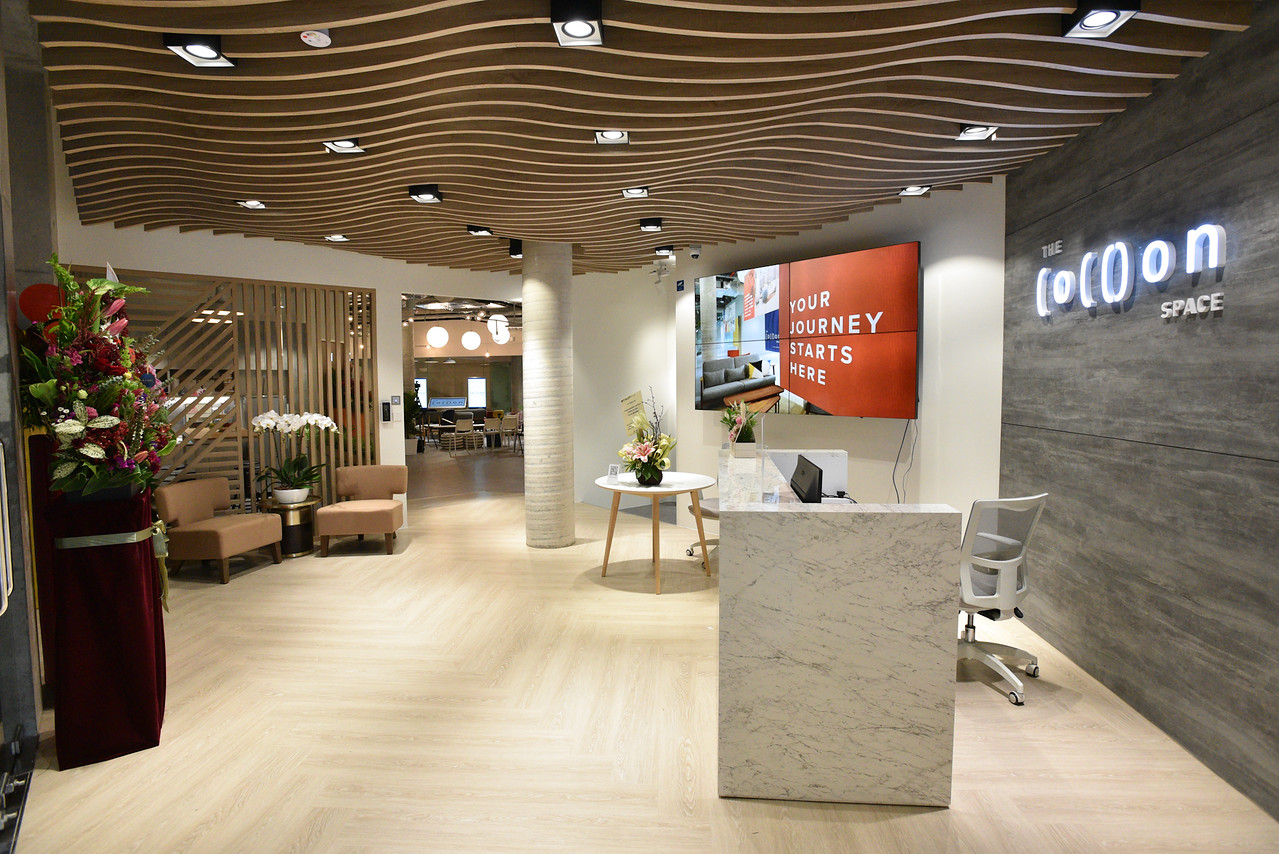
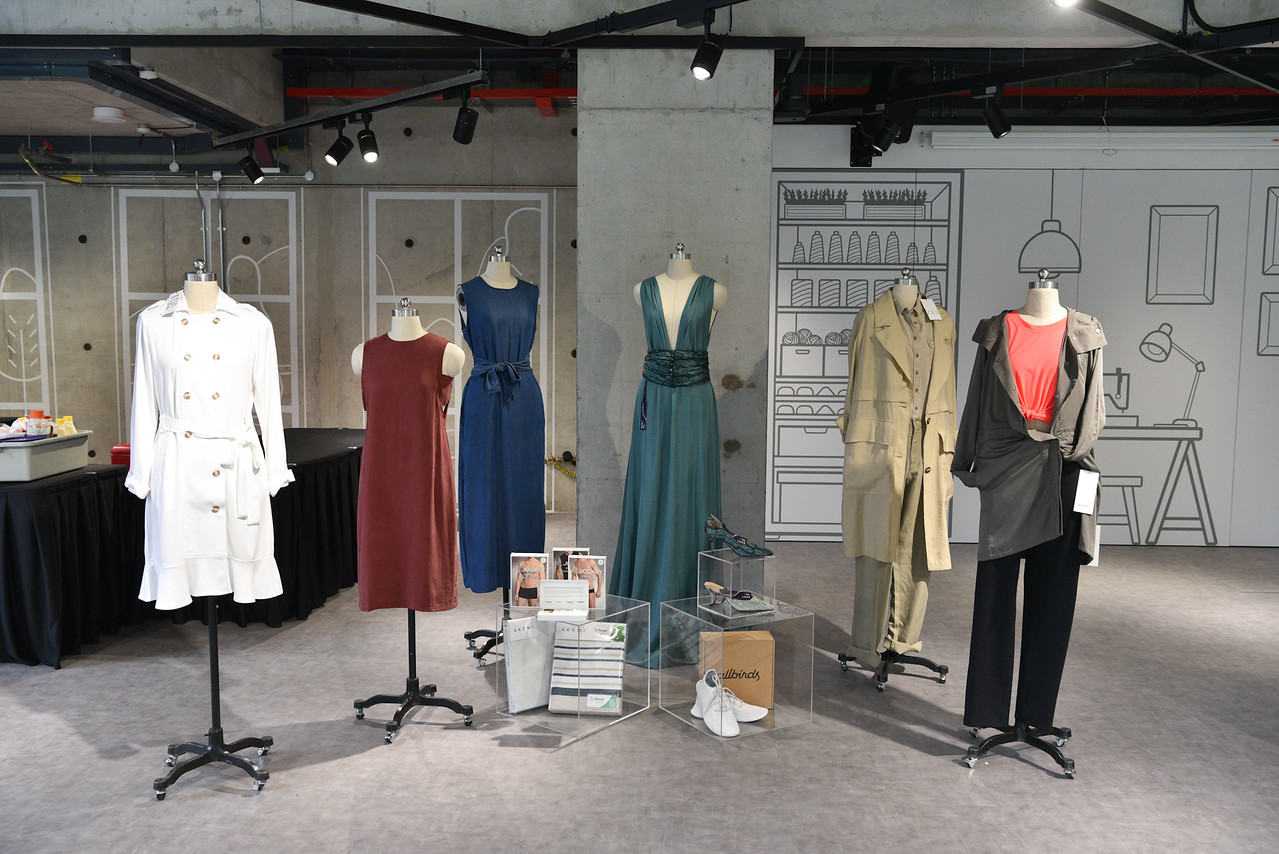
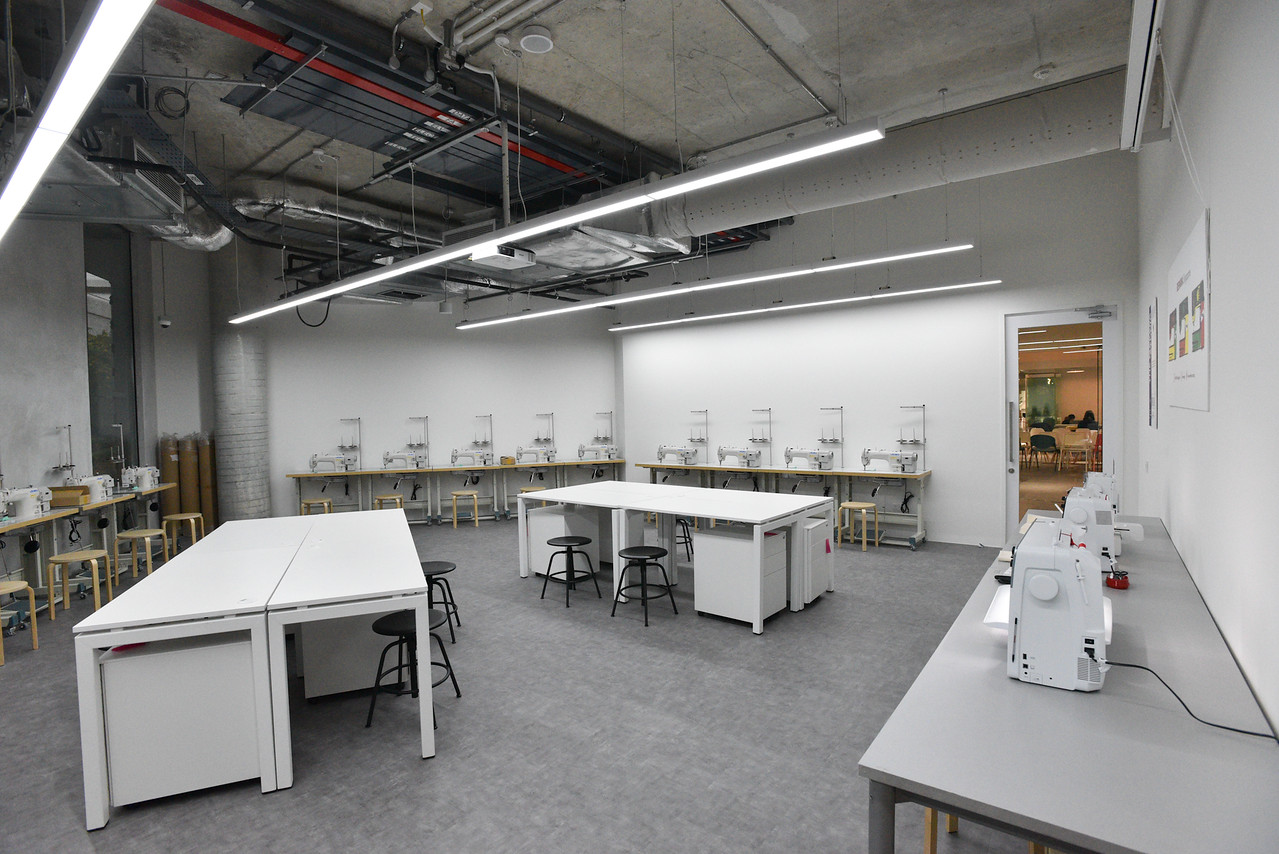

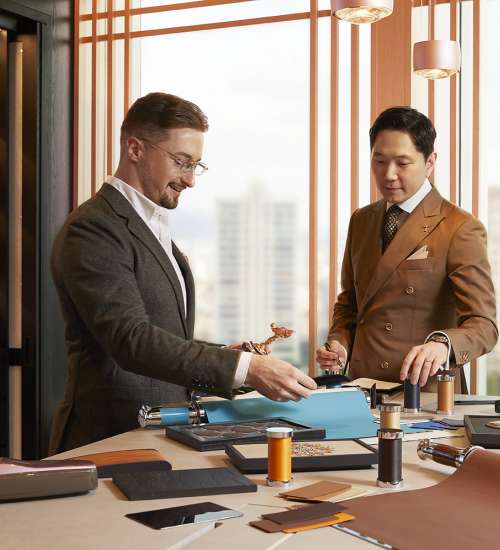

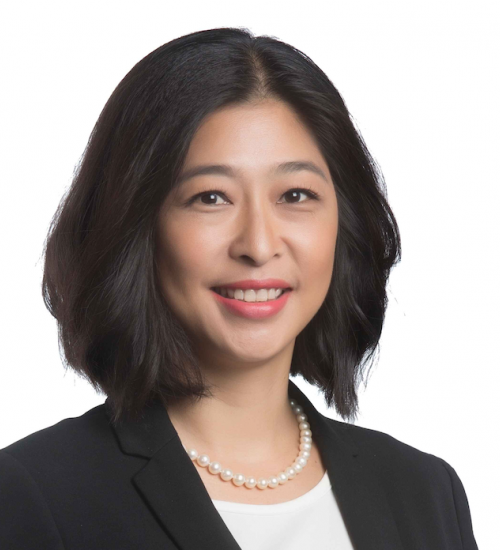
 Back
Back
